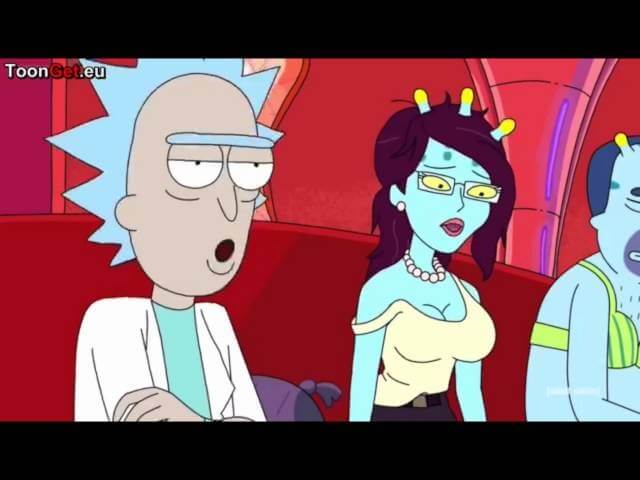Collection-worthy vinyl, cheap coffee, and comedic commentary

The Best Of Fraggle Rock LP reissue
My devotion to the work of Jim Henson goes beyond lengthy dissections of Henson’s greatest successes and most fascinating failures and into spaces like my record collection, which still includes the first piece of vinyl I ever spent a significant amount of time with: The Muppet Show’s 1977 spin-off album. Until recently, that collection was sorely lacking in material from the most effervescently musical of Muppet projects, so thank the Trash Heap for Enjoy The Ride Records, whose Enjoy The Toons imprint is responsible for a gorgeous vinyl reissue of The Best Of Jim Henson’s Fraggle Rock. Culling 24 tracks from the series’ 96-episode run, The Best Of restores the musical legacy of the Fraggles, Doozers, and Gorgs, like the call to adventure “Follow Me” and the shuffling sharing anthem “Pass It On.” (And, of course, the track list kicks off with the thumping bass and sizzling hi-hats of the show’s theme song.) I managed to snag one of the limited “Red Fraggle” variants (Red being the Adams household’s consensus choice for best Fraggle), but the packaging would be worth it even without those splatters of red and yellow, thanks to a gatefold sleeve that shows off the concept art from Fraggle Rock designer Michael K. Frith. It’s a great set that has me eyeing Enjoy The Ride’s treatment of other sentimental favorites, like the Creamsicle swirl of Phantom Planet’s The Guest. [Erik Adams]
Café Bustelo
I drink iced coffee all year ’round—I don’t like hot beverages unless I’m sick, it’s a thing—but, like most people, my consumption of the stuff skyrockets in the summertime. But I’m not here to recommend some artisanal coffee-shop cold brew or expensive gadget that promises to improve your daily caffeination experience. Oh no. I’m here to sing the praises of that humble yellow-and-red can of Café Bustelo and the pitch-black goodness contained within. Contrary to popular belief, making cold-brew coffee requires no special equipment, or all that much effort, really. Just dump about a third of a can of Bustelo into a pitcher, fill the pitcher with water, put it in the fridge, and go about your business for a couple of days. Strain through a coffee filter placed over the mouth of your coffee cup, and serve. Maybe strain it into a mason jar and put the jar back in the fridge, if you’re feeling domestic that day. The Bustelo makes an especially smooth and potent brew, I’ve found. Plus, it’s about $5 for a can. One word of warning, though: The longer you leave a pitcher of this stuff brewing in the fridge, the more powerful it gets. Forget about it for a week or so, and you’ll get jet fuel—highly drinkable jet fuel, the most dangerous kind. I can’t be held responsible for any sleepless nights or Twitter screeds that result. [Katie Rife]
Great Minds With Dan Harmon
Dan Harmon is an oversharer. That’s part of his appeal as a creative entity. The guy can’t help but turn everything into a veiled or not-so-veiled commentary on his own personal and professional issues. He took constant jabs at network interference on Community. He tackled his complicated relationship with his fans on Rick And Morty. He hosts a podcast that’s mostly just him talking about his life. Hell, even the changes to his vanity card seem autobiographical. But Great Minds With Dan Harmon might be the writer’s most self-referential property yet. Produced for the History channel, the 16-episode series finds Harmon playing a (presumably only slightly) exaggerated version of himself, chatting with historical figures that his trusty assistant (Spencer Crittenden, also as himself) has brought briefly back to life. This amalgam of Drunk History, Curb Your Enthusiasm, and Fishing With John is uneven; the episodes, which run only a few minutes apiece, tend to live or die on their guest stars. (The best of the bunch cast Scott Adsit as a withering Ernest Hemingway and pit the creator against Thomas Middleditch’s dismissive William Shakespeare.) But the show’s through-line, which finds our hero constantly fretting about the ratings and trying to find ways to appease the network, is vintage Harmon; professional anxiety isn’t just built into the series, it’s practically the subject. No word yet on a second season, which is both typical and potentially rewarding: Harmon seems to do his best work when a fear of failure is nipping at his ankles. [A.A. Dowd]